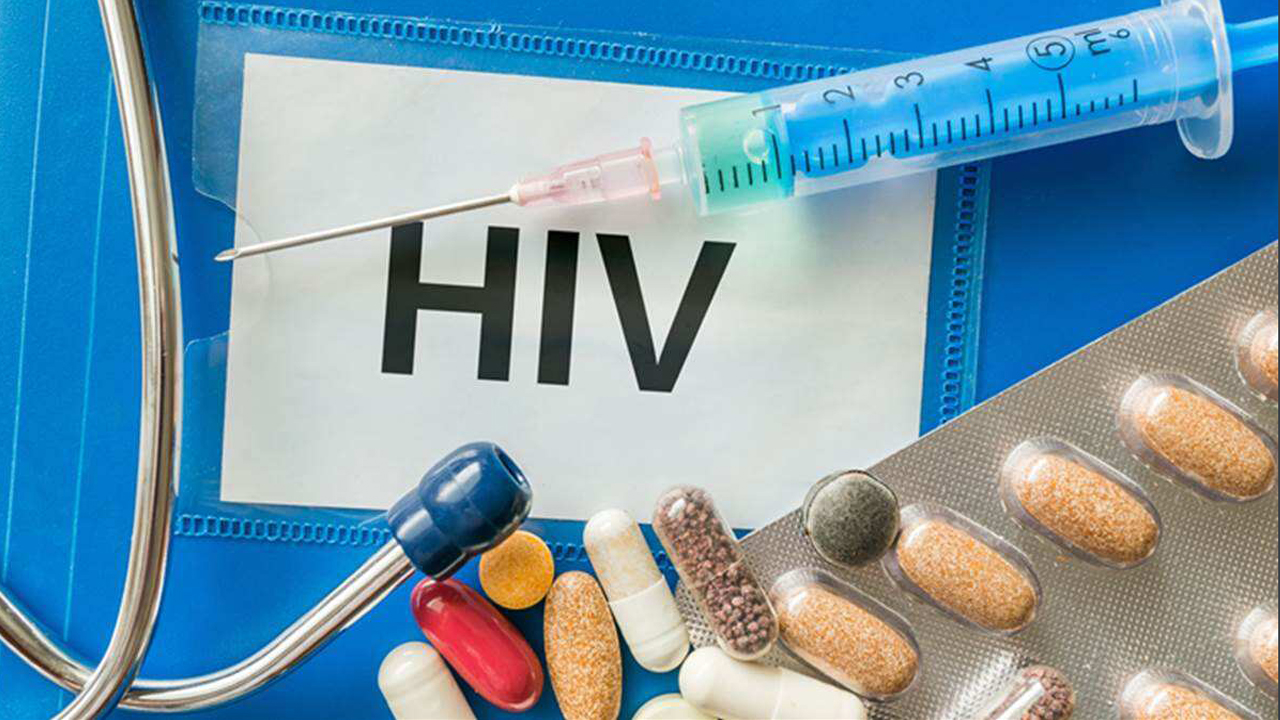Moleculin Biotech, Inc., a clinical-stage pharmaceutical company with a broad portfolio of drug candidates targeting significant unmet needs in the treatment of tumours and viruses, announced preliminary new findings from its research collaboration with the Rega Institute in Leuven, Belgium, that demonstrate its drug candidates, WP1096 and WP1097, are showing significant in vitro activity in a range of infectious diseases. In addition to activity against SARS-CoV-2, antiviral activity has now been documented for HIV, Zika and Dengue Fever.
WP1096 and its close analogue, WP1097, are structurally slightly different agents within the Company's WP1122 portfolio. While the Company is continuing its preclinical development work on WP1122, including in vivo testing for SARS-CoV-2, it has now expanded its infectious disease program to include these two molecules. In addition, the Company continues to drive the clinical development of Annamycin, which is currently being studied for the treatment of relapsed or refractory acute myeloid leukaemia, and WP1066, which targets brain tumours, pancreatic cancer and hematologic malignancies.
Walter Klemp, Chairman and CEO of Moleculin, stated, "We recently announced the discovery that these new molecules have significant in vitro activity in SARS-CoV-2 that may be due to mechanistic differences from other molecules in the WP1122 portfolio. Now, we are looking at the possibility that our portfolio of antimetabolites can address a wide range of infectious diseases beyond COVID-19."
Mr Klemp continued, "In the case of Zika and Dengue Fever, there are no viable therapies, so we think this study garners the potential to involve possible governmental entities to assist in the development of and provide funding for the first-ever treatments for these important diseases."
Mr Klemp concluded, "Even though there is already a $20 billion US market for currently approved treatments for HIV, we believe that there is now a growing concern that drug resistance may begin to put more HIV patients at risk. We believe that our antimetabolites potentially represent an entirely new mechanism of action to the HIV therapeutic line-up. The significance to Moleculin shareholders is that we believe the business opportunity for Moleculin has now potentially gotten much bigger than just COVID-19."

 Moleculin declares new antiviral drug candidates demonstrate in vitro activity against HIV. Also shows activity in Zika and Dengue Fever
Moleculin declares new antiviral drug candidates demonstrate in vitro activity against HIV. Also shows activity in Zika and Dengue Fever











.jpeg)

.jpg)


.jpeg)
.jpeg)


.jpeg)
.jpg)





.jpeg)


